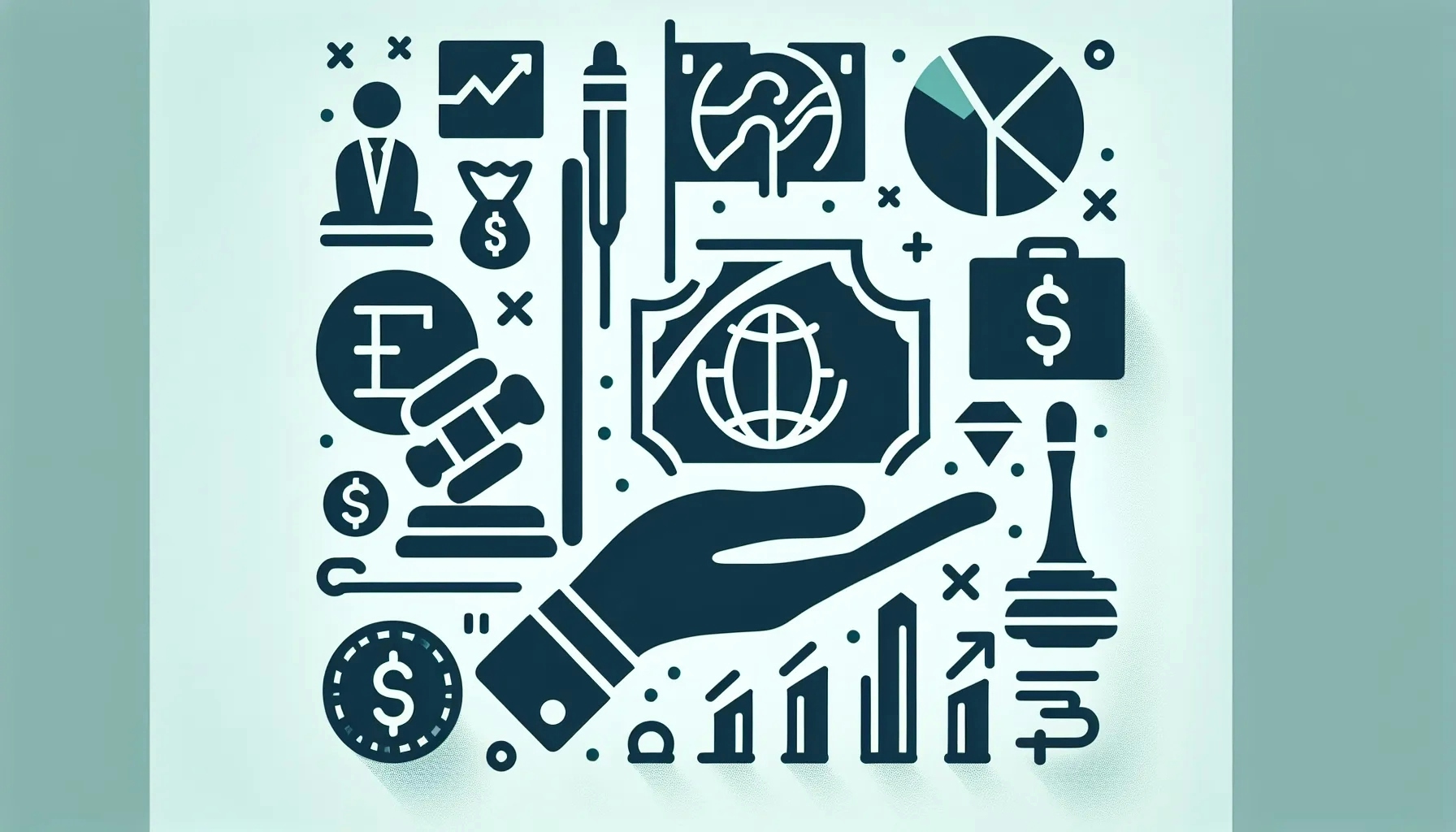Roles of Economists in Policy Making
Economist Zone

Welcome to our deep dive into the significant role economists play in policy-making. Economists wield a profound influence on the policies that shape our world, from local regulations to international trade agreements. Their expertise in understanding markets, predicting trends, and analyzing data makes them indispensable in the decision-making process. This blog post will explore the various ways economists contribute to policy-making, providing a comprehensive understanding of their crucial role.
"Economists as Policy Advisors"
Economists often serve as policy advisors, providing valuable insights to decision-makers. They use their understanding of economic theory and empirical evidence to predict the potential outcomes of various policy options. This role requires them to translate complex economic concepts into understandable terms for non-economists.
In this capacity, economists help policymakers understand the potential consequences of their decisions. For instance, they might analyze the likely impact of a proposed tax increase on economic growth, or the potential effects of a new regulation on the job market. By providing this analysis, economists help ensure that policies are based on sound economic reasoning rather than political considerations alone.
Economists also play a crucial role in evaluating existing policies. They use statistical methods to measure the effects of policies and identify areas for improvement. This process often involves comparing the actual outcomes of a policy with the predicted outcomes, allowing policymakers to understand whether the policy is achieving its intended goals.
"Economists as Data Analysts"
Economists also serve as data analysts, using their skills to interpret complex economic data and identify trends. This role is particularly important in the era of big data, where vast amounts of information are available for analysis. Economists use sophisticated statistical techniques to analyze this data, providing valuable insights that can inform policy decisions.
For example, economists might use data analysis to identify the causes of economic inequality, or to understand the factors driving economic growth. They might also use data to predict future trends, such as the likely impact of technological change on the job market. By providing this analysis, economists help ensure that policies are based on a solid understanding of the economic landscape.
Data analysis also plays a crucial role in evaluating the effectiveness of policies. Economists use data to measure the impact of policies, identifying their benefits and drawbacks. This analysis can help policymakers understand whether a policy is achieving its intended goals, and identify areas for improvement.
"Economists as Forecasters"
Economists often serve as forecasters, using their understanding of economic trends to predict future developments. This role is particularly important in a rapidly changing economic landscape, where policymakers must anticipate future challenges and opportunities.
For instance, economists might use their forecasting skills to predict the likely impact of technological change on the job market, or the potential effects of climate change on economic growth. They might also forecast the likely consequences of policy decisions, helping policymakers understand the long-term implications of their choices.
Forecasting is not an exact science, and economists often face uncertainty in their predictions. However, by using sophisticated statistical techniques and a deep understanding of economic theory, they can provide valuable insights that help guide policy decisions.
"Economists as Educators"
Economists also serve as educators, helping the public understand complex economic issues. This role is particularly important in a democratic society, where informed citizens are crucial for effective policy-making.
Economists use their expertise to explain economic concepts in understandable terms, helping the public make sense of economic news and understand the implications of policy decisions. For instance, they might explain the causes of inflation, or the reasons for economic inequality.
In this role, economists also help counter misinformation and promote a fact-based understanding of economic issues. By providing accurate, unbiased information, they can help ensure that public debate is based on a solid understanding of the economic facts.
"Economists as Innovators"
Economists also serve as innovators, developing new theories and methods to improve our understanding of the economy. This role is crucial for advancing economic knowledge and improving policy-making.
Economists use their research skills to explore unanswered questions, challenge existing theories, and develop new models of economic behavior. For instance, they might develop a new theory of economic growth, or a new method for measuring economic inequality.
This innovative work often leads to significant advancements in economic theory, providing new insights that can inform policy decisions. By pushing the boundaries of economic knowledge, economists help ensure that policy-making is based on the latest research and understanding.
"Economists as Advocates"
Finally, economists often serve as advocates, using their expertise to promote policies that they believe will benefit society. This role requires them to engage in public debate, presenting their arguments and evidence to policymakers, the media, and the public.
In this role, economists use their understanding of economic theory and evidence to argue for specific policies. For instance, they might advocate for policies to reduce economic inequality, or to promote economic growth.
While economists often disagree on the best policies, their advocacy is based on a shared commitment to improving society through sound economic decision-making. By engaging in public debate, they help ensure that policy decisions are informed by expert knowledge and evidence.
"The Multifaceted Role of Economists in Policy-Making"
Economists play a multifaceted role in policy-making, serving as advisors, analysts, forecasters, educators, innovators, and advocates. Their expertise in understanding and interpreting economic trends, data, and theories makes them invaluable contributors to the decision-making process. By providing evidence-based insights and predictions, they help ensure that policies are grounded in sound economic reasoning. As we continue to navigate an increasingly complex economic landscape, the role of economists in policy-making will remain as vital as ever.